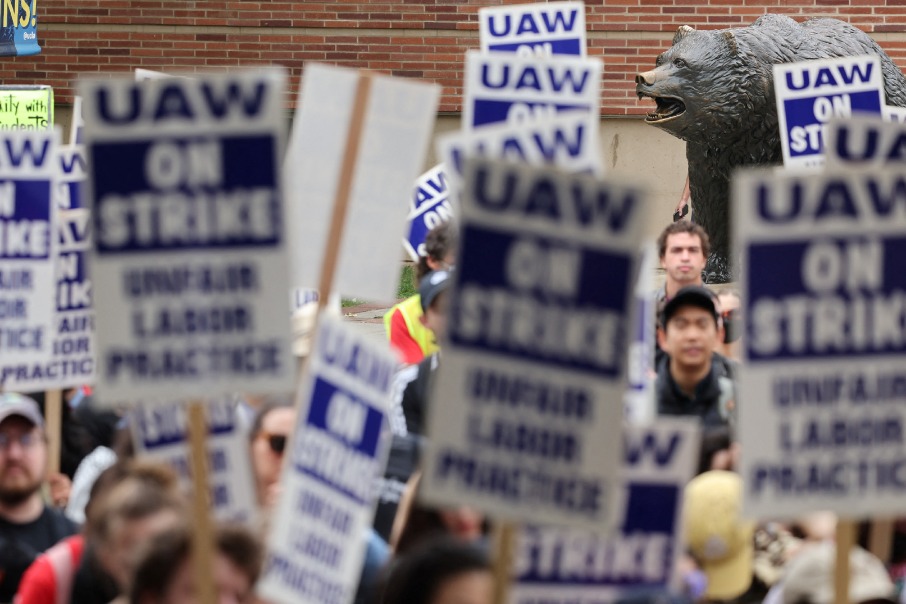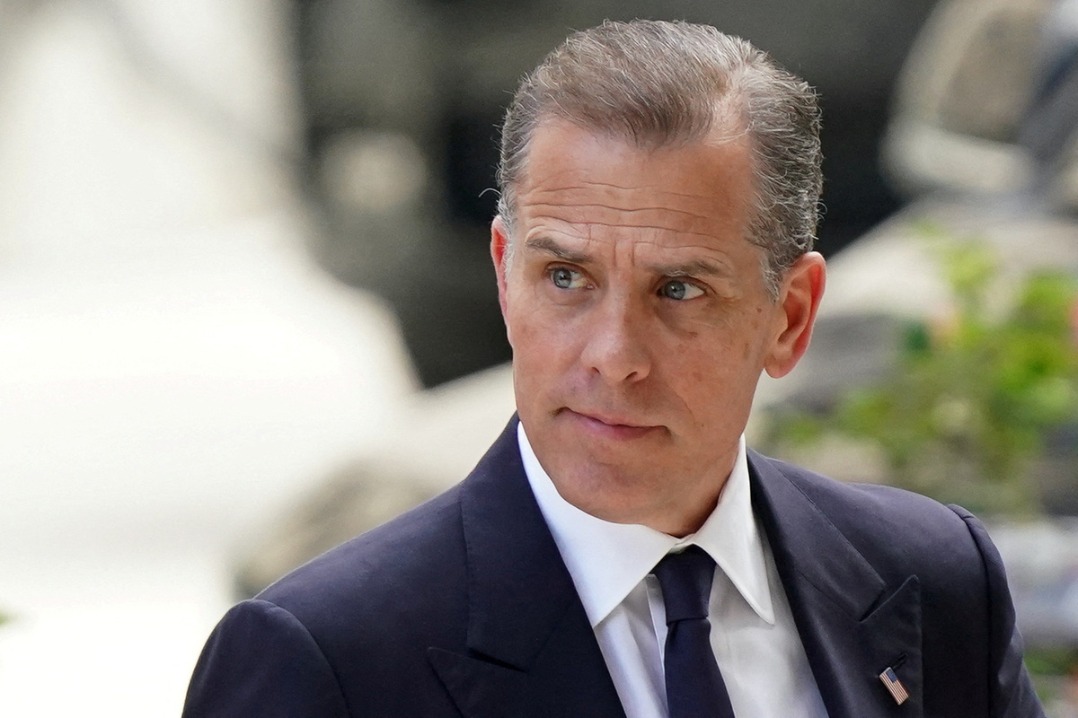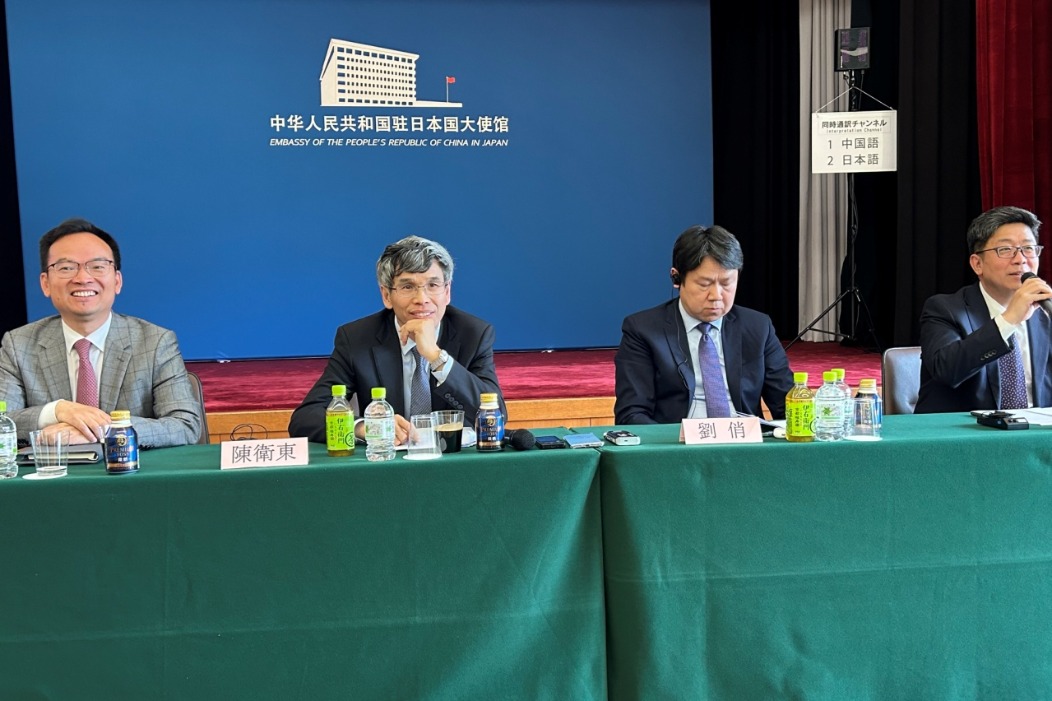Solving the puzzle of Africa's industrialization effort


As African countries strive to industrialize through stepping up their industrial policies and accelerating the roll-out of industrial parks and special economic zones, experts and leaders are of the view that a lot still need to be done to boost the manufacturing sector.
Henok Shawl, the Africa managing director of the Boeing Company, said it's not an easy task to get manufacturing right, the reason Africa is struggling in many ways to get it right.
"You need a lot of pieces of the puzzle to come together; there is integration of the countries, technologies, incentives, industrial parks, special economic zone, infrastructure and logistics," he said during the Africa CEO Forum held in Rwanda's capital Kigali last week.
Shawl said investors will not come and invest in Africa's manufacturing sector, unless policies are in place and are implemented, adding that Africa will not develop unless it industrializes first.
"We need to make sure that we build as many factories as we can and satisfy our consumption needs and the export market," he said.
Shawl added that for Africa to be able to mitigate the effects of climate change and for its population to be able to live through it, the continent will have to industrialize first.
He urged African countries to invest in green manufacturing, develop green energies with the support of the international partners and ensure that the energy is availed to the private sector at an affordable cost.
Similar sentiments were shared by Mary Porter Peschka, the East Africa regional director of the International Finance Corporation, who said that her company is prioritizing green investments and those that support women in its credit financing.
She said while Africa has achieved a lot, there is need for improvement on creating an enabling environment for the growth of the manufacturing sector. This is in addition to ensuring the right environment for availability of capital locally.
Jean-Chrysostome Ngabitsinze, the Rwanda minister of trade and industry, said the agricultural sector could spur manufacturing in Africa.
He said Africa has huge tracks of idle land that has the potential to produce enough food for the continent and for agro-business.
Ngabitsinze said technology and innovations can unlock the potential of the agricultural sector in Africa as well as help address the post-harvest losses, which has been a key challenge across the continent.
He added that putting the pieces together to have one unity in terms of development is the greatest challenge for Africa.
Ngabitsinze cited the African Continental Free Trade Area, which despite being a good idea with great potential, it is yet to be implemented due to logistic issues.
He termed lack of sustainable political governance, as another key hindrance to development and investment in the continent.
Ngabitsinze said a country may have a project that it wants to be financed for the next 50 years, for instance, but due to instability, financial partners may refuse to finance it, because it's a big risk.
"Development is connected to governance, if there is good governance investors will come in," he said.
Satbir Hanspaul, the chief executive of the Hanspaul Group, said many local companies are struggling to access financing due to lack of supportive policies, hence they can't realize their investment potentials.
He said there is need for policies to ensure that the raw materials mined in Africa are not exported outside the continent but fully processed within the continent.
edithmutethya@chinadaily.com.cn



































